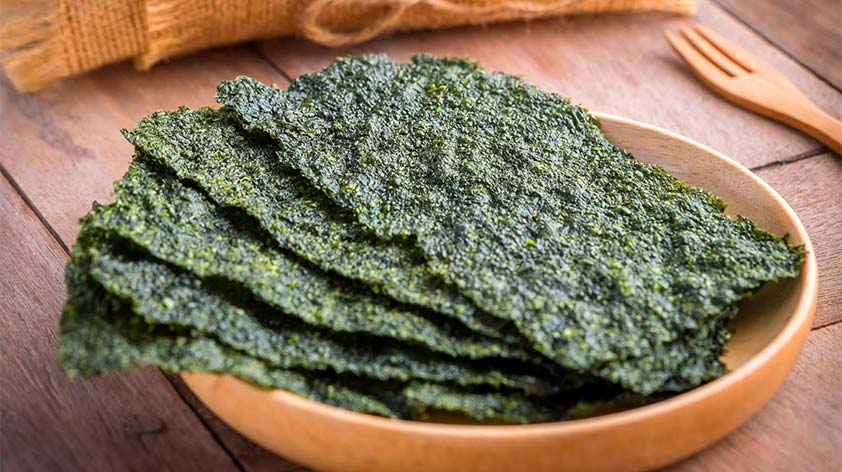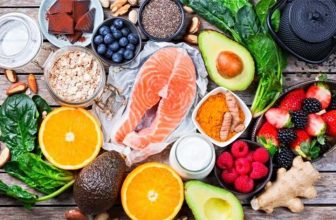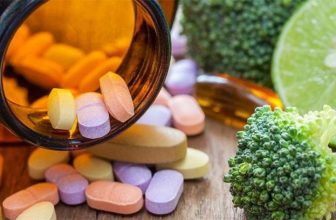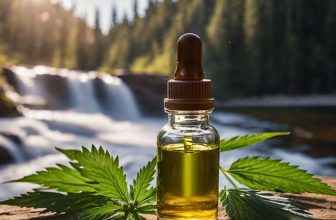
Edible seaweed is algae, a term used for a diverse group of aquatic plant life. Most edible seaweed is marine algae whereas most freshwater algae are toxic. If you’re a lover of Japanese food you may be well acquainted with seaweed, if not you may have noticed packets of dried seaweed in your local supermarket. This aquatic delight makes for a delicious addition to a meal, with its nutrients being helpful for maintaining health and preventing or fighting disease. Read on to discover the wonderful world of seaweed in our 6 Types of Seaweed and their Health Benefits!
1. Nori — Packed With Vitamin B12
Presented in thin, dried sheets, Nori is loaded with B vitamins, particularly B12 that helps keep your body’s nerves and blood cells healthy. A low B12 intake can lead to anaemia where your body doesn’t have enough red blood cells to transport oxygen to your vital organs causing fatigue and weakness.
2. Kombu — Aids Digestion
Kombu is an edible kelp – a large brown seaweed with a tough stalk. Kombu contains certain amino acids that can help break down the heavy starches in foods such as beans, improving digestion and reducing gas. Beans on toast with a slice of seaweed…why not?
3. Wakame — Helps Produce Thyroid Hormones
Served up like green noodles, Wakame, like all seaweed is high in iodine. Iodine is an essential mineral that your body uses to produce thyroid hormones, which help support growth, metabolism, protein synthesis and cell repair.
4. Dulse — Builds Strong Bones
Unlike other seaweeds, Dulse, is a deep burgundy colour. It can be fried to make a crispy bacon substitute. Dulse contains the minerals calcium, magnesium and iron all of which contribute to your bone mineral density helping maintain strong and healthy bones.
5. Hijiki — Provides Dietary Fibre
Hijiki comes in short, black strips. Being high in dietary fibre, it helps promote the movement of material through your digestive system and ensures dietary sugar is absorbed slowly into your blood whilst not spiking blood sugar levels…win win!
6. Bladderwrack — Maintains Immune Function
Bladderwrack is high in beta-carotene which the body converts into Vitamin A. Vitamin A is needed for a healthy immune system and good eye health.









